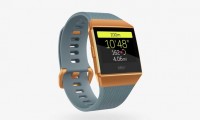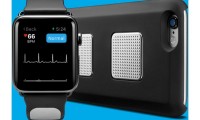-
WHEN YOUR ACTIVITY TRACKER BECOMES A PERSONAL MEDICAL DEVICE
- Source: wired
- 564
- December 18, 2017
-
FDA Clears First Medical Device Accessory for Apple Watch®
- Source: Prnewswire
- 542
- December 4, 2017
-
US FDA finalises new guidelines for medical device development
- Source: medicaldevice-network
- 464
- October 30, 2017
-
China to adjust registration management for drugs and medical devices
- Source: china-briefing
- 1,193
- October 23, 2017
-
U.S. pressing India to avoid capping medical device prices, allow withdrawals
- Source: reuters
- 436
- October 19, 2017
-
UOW researchers secure grant to develop new medical device for bedside brain monitoring
- Source: medicaldevices-business-review
- 697
- September 20, 2017
-
Takeda and BioSurfaces to develop new medical devices for GI indications
- Source: Medicaldevice-network
- 425
- July 28, 2017
-
Medical Devices Market in Malysia
- Source: Ddu
- 636
- July 15, 2017
-
Wright Medical and Orthopaedic Devices Manufacturer Cartiva sign $435m Deal
- Source: The Verdict
- 915
- August 29, 2018
-
ODS Medical’s Innovative Device Could Revolutionize Brain Cancer Surgery
- Source: mindsofmalady
- 561
- December 18, 2017
your submission has already been received.
OK
Subscribe
Please enter a valid Email address!
Submit
The most relevant industry news & insight will be sent to you every two weeks.













